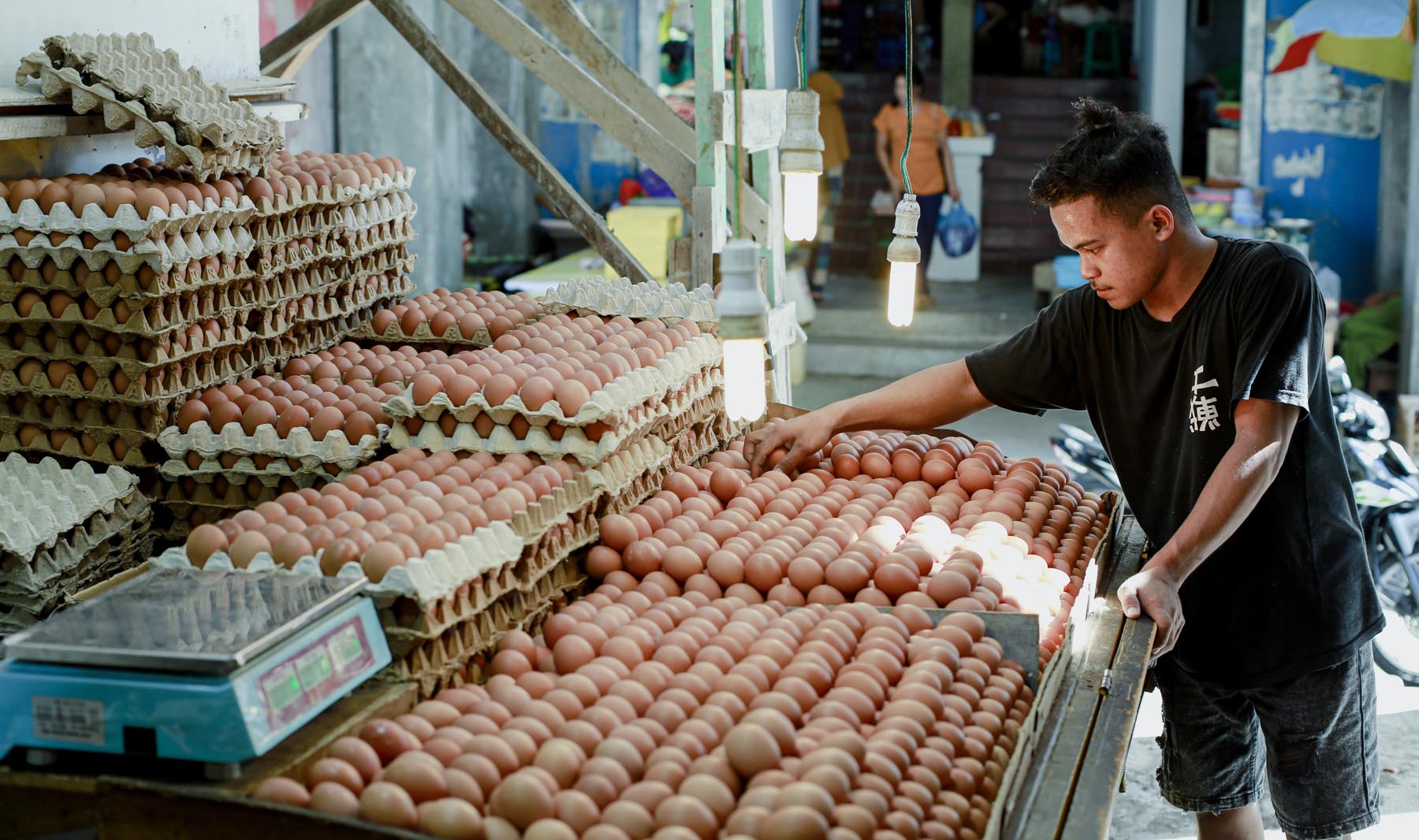Filters
Found 1157 Results
-
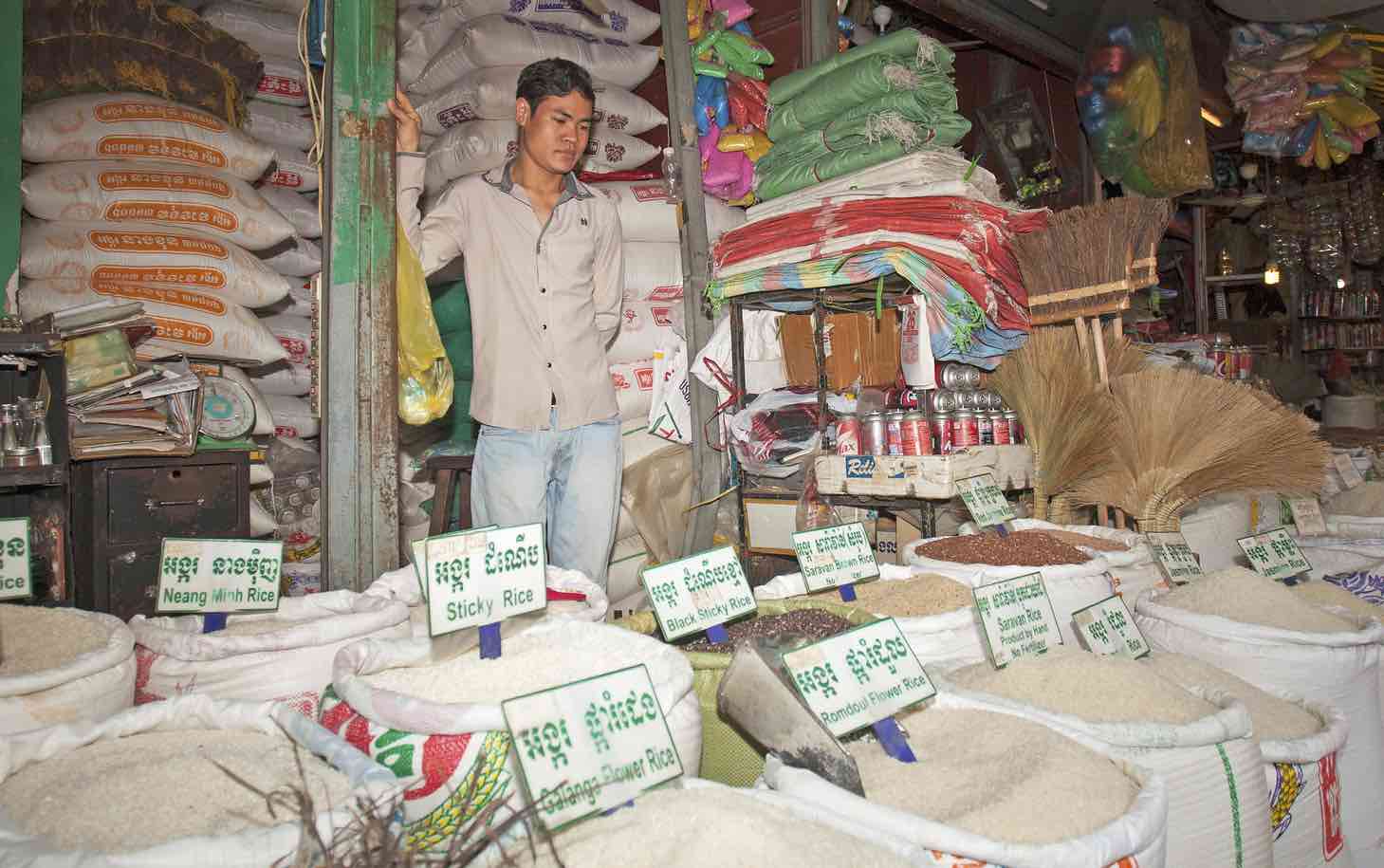
COVID-19-related trade restrictions on rice and wheat could drive up prices and increase hunger
Modeling suggests export bans intended to buttress domestic food supplies could have wide impacts.
-
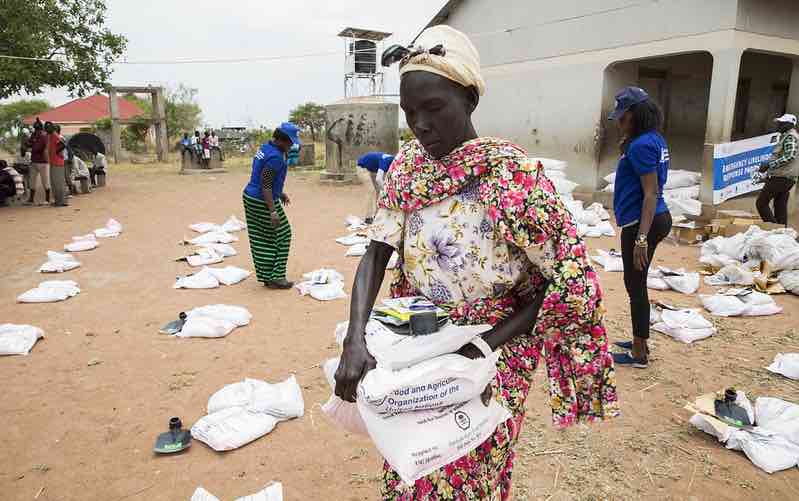
Fixing the global food system after coronavirus
Finding ways to sustainably intensify the production of safe and nutritious food over the long term.
-

Virtual seminar: IFPRI researchers on COVID-19 emerging problems and country-level responses
Falling incomes may lead to rising poverty, food insecurity, and gender inequity.
-
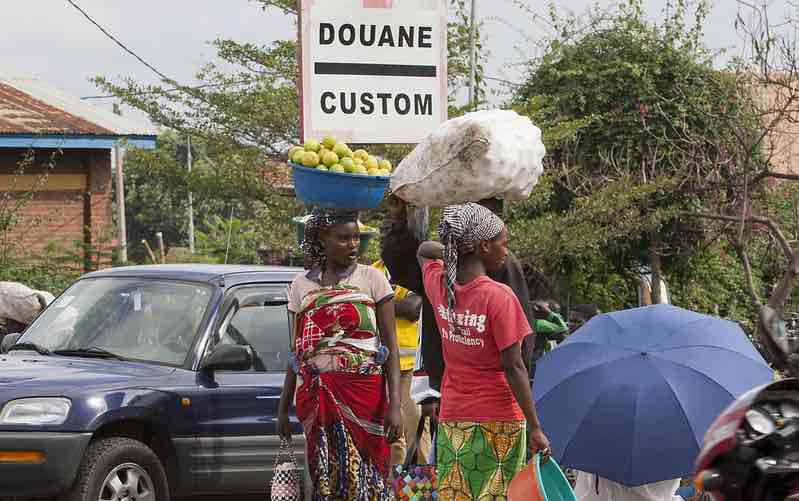
COVID-19 border policies create problems for African trade and economic pain for communities
Emergency border restrictions have costs, including slowdowns in both formal and informal trade.
-
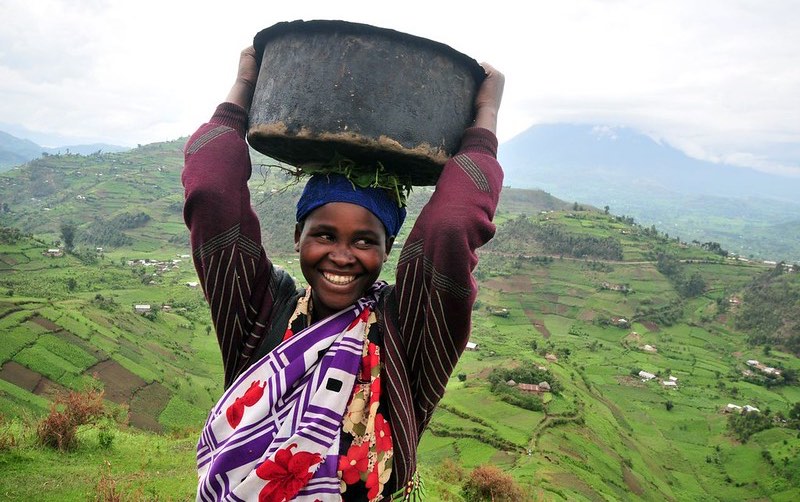
Providing information to empower women in agriculture: Evidence from Uganda
A study shows that viewing videos on farming techniques has a range of gender equity benefits.
-
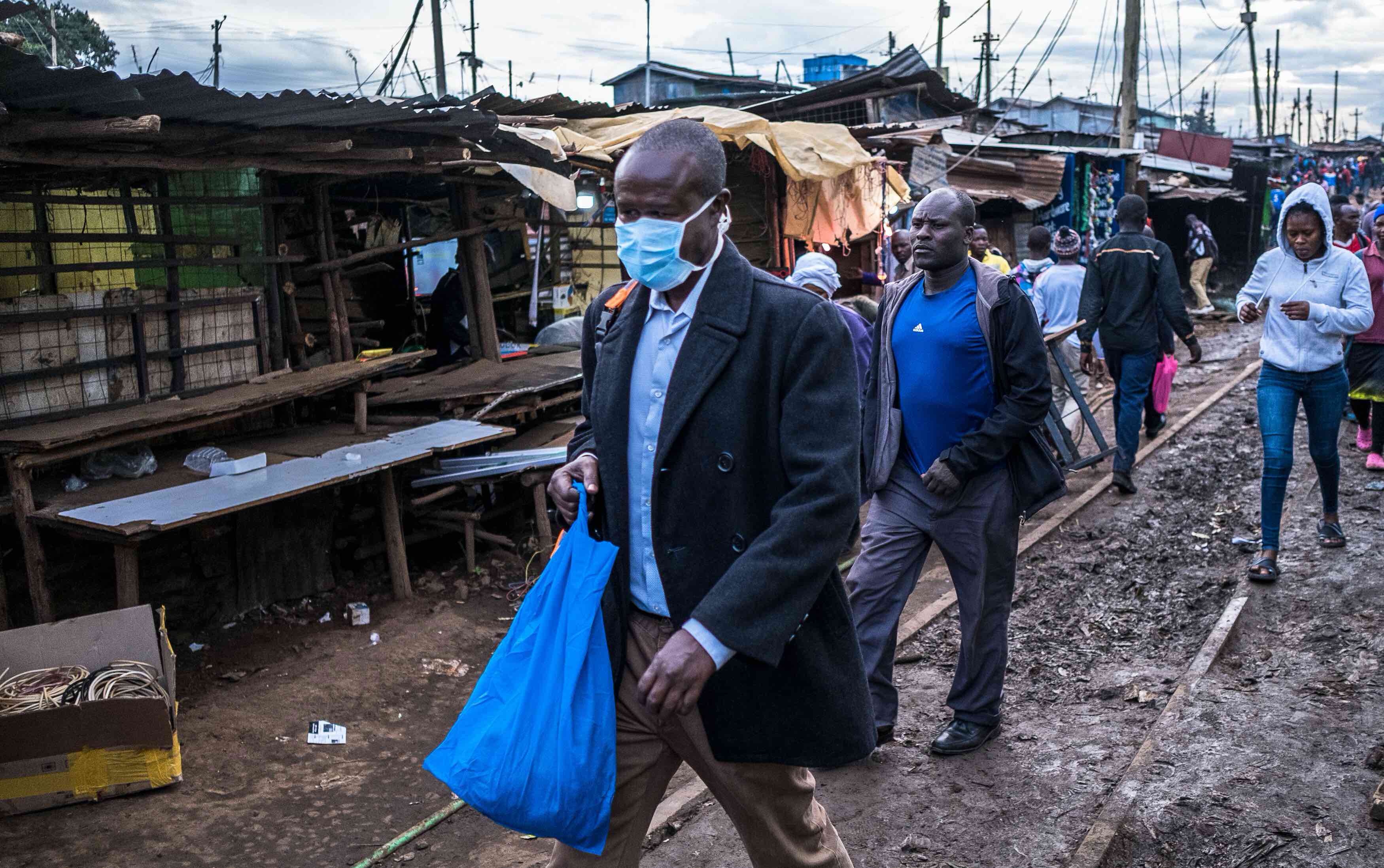
COVID-19 lockdowns are imposing substantial economic costs on countries in Africa
IFPRI country studies indicate the pandemic is leading to much larger and more rapid contractions of economic activity than seen in previous crises.
-
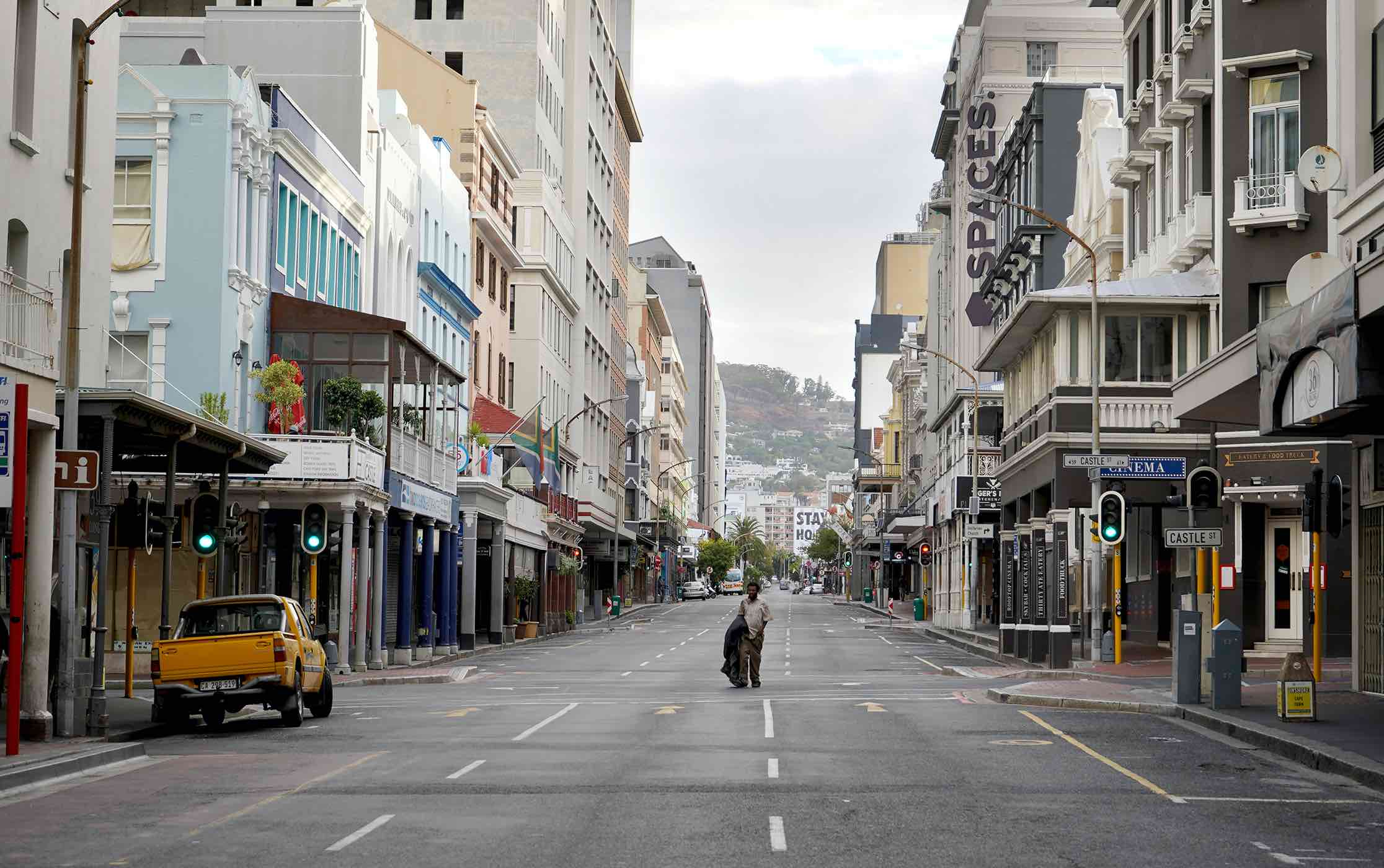
Assessing the toll of COVID-19 lockdown measures on the South African economy
Modeling shows GDP and incomes—particularly among low-income households—falling dramatically.
-
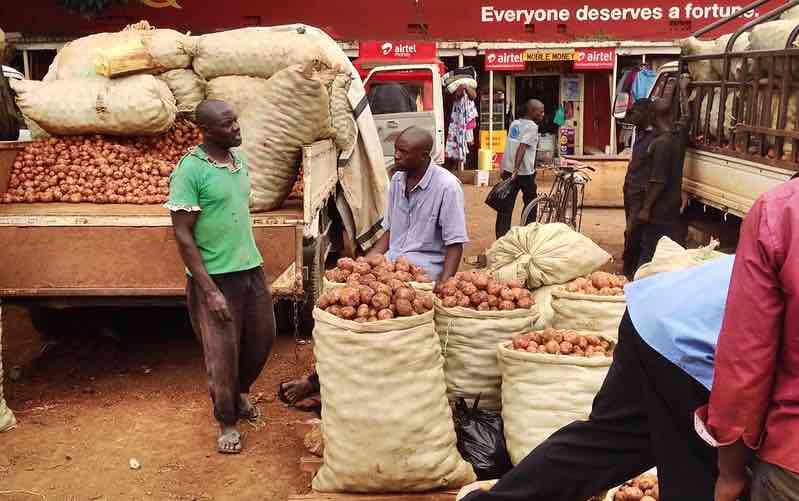
IFPRI’s new COVID-19 Food Price Monitor tracks warning signs of stress in local markets
Spotting the red flag of spiking prices can speed interventions to head off bigger food security problems.
-
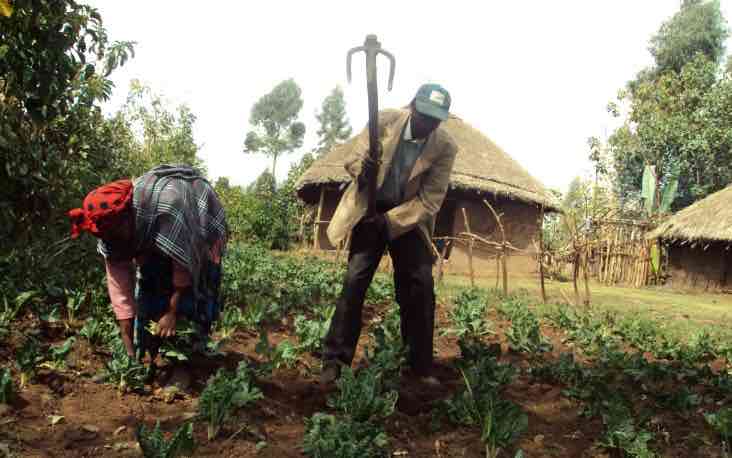
Why ‘home garden’ projects don’t always work: Insights from Ethiopia
There are valid reasons to doubt whether these programs provide a sustainable and cost-effective way of addressing poor nutrition.
-
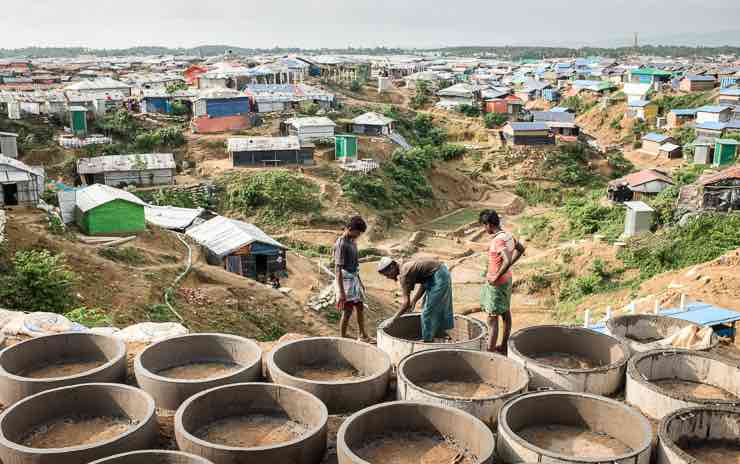
Integrating displaced communities into food systems
With global food insecurity on the rise, some ways to break the recurring feedback loop between conflict and hunger—from IFPRI's 2020 Global Food Policy Report.




